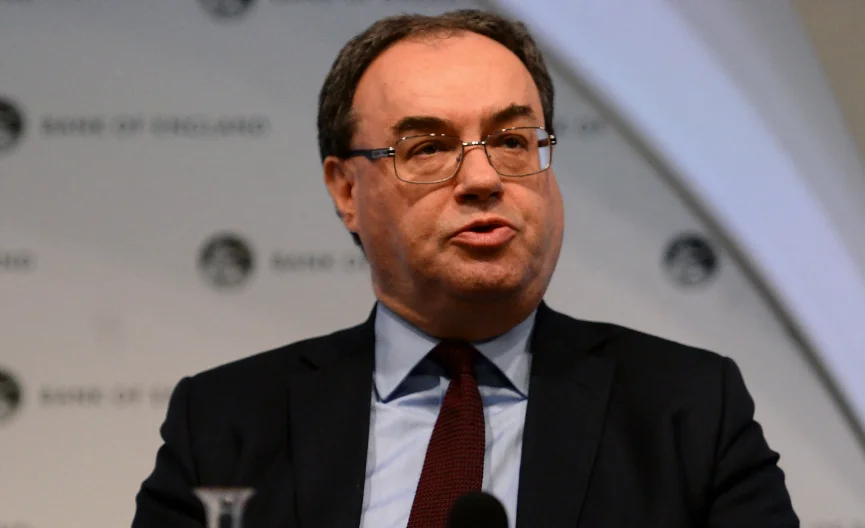Bank of England (BoE) governor Andrew Bailey raised doubt over the need for a digital pound stating that the UK already has a wholesale settlement system with a major upgrade.

A wholesale central bank digital currency (CBDC) has recently been called into question by the governor of the Bank of England (BoE), who pointed out that there currently is a mechanism for wholesale central bank money settlement that has undergone a significant improvement.
Bailey said that there are no plans to eliminate the usage of cash in retail establishments. The governor of the Bank of England does not think that retail payments should alter just now. He clarified:
“We have to be very clear what problem we are trying to solve here before we get carried away by the technology and the idea.”
Bailey’s remarks come in response to previous remarks made on the costs and hazards of constructing a CBDC by a former BoE advisor as well as recent events involving CBDCs in the eurozone.
The eurozone’s finance ministers released a statement on January 16 in support of the European Central Bank’s ongoing study of a future digital euro. The Eurogroup acknowledged that additional political debate is necessary before a CBDC can be implemented. The committee also emphasized the problems it was seeing, such as privacy concerns, environmental repercussions, and other problems.
The same day, Tony Yates, a former BoE advisor, claimed in a Financial Times editorial article that the expenses and dangers related to the creation of CBDCs are not justified. In addition, Yates called the CBDCs’ founding goals “suspect” and questioned their intentions.
Russia and Iran are investigating the possibility of developing a new stablecoin that is backed by gold. Iran and Russia are working together to develop a so-called “token of the Persian Gulf area” to facilitate cross-border trade, according to a report by the Russian news outlet Vedomosti.
